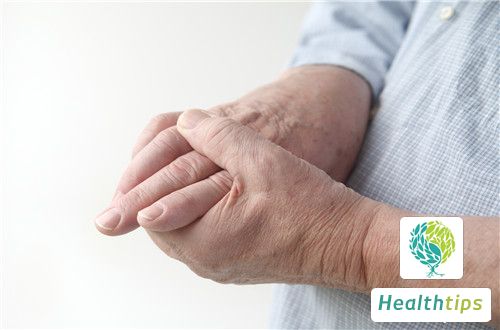Which Diseases Are Treated in the Fever Clinic?
Patients experiencing symptoms such as common colds, lobar pneumonia, acute bronchitis, influenza, chickenpox, measles, and other discomforts are advised to promptly visit the fever clinic for examination and treatment. Dengue fever and hemophagocytic syndrome are also conditions that require consultation at the fever clinic. However, many individuals are unclear about the circumstances under which they should seek medical attention at a fever clinic. Let's delve into this topic to gain a better understanding.

Firstly, what kind of illnesses are treated at the fever clinic? Broadly speaking, any illness primarily manifesting as fever can be evaluated at the fever clinic. Specialist doctors at the clinic will collect the patient's medical history, conduct a detailed physical examination, and perform initial tests to identify the cause of the fever for further triage. Commonly, patients visiting the fever clinic may suffer from conditions such as common colds, acute bronchitis, lobar pneumonia, and seasonal infectious diseases like influenza, typhoid, paratyphoid, chickenpox, measles, rubella, and dengue fever. Additionally, some patients may present with rarer illnesses manifesting as fever, such as hemophagocytic syndrome. Non-infectious causes of fever, including rheumatic fever, serum sickness, drug-induced fever, connective tissue diseases, thyrotoxicosis, and others, may also be encountered. Once the specific cause of the fever is determined, further triage and referral to specialized departments for further treatment are recommended.
Secondly, when should you visit the fever clinic? If you experience symptoms such as fever or respiratory infections, it is advisable to promptly visit a nearby, legitimate medical institution's fever clinic for consultation.
Thirdly, let's outline the examination process at the fever clinic. First, patients should follow the hospital's instructions and proceed to the pre-screening triage point, where they will be guided by medical staff to measure their temperature. Second, patients should provide their medical history and fill out relevant registration forms. This information is crucial for the medical staff to make subsequent judgments and diagnoses, and it also provides an important basis for epidemiological investigations. Third, patients will proceed to the fever clinic consultation room for examination and consultation with medical staff. Fourth, necessary tests such as blood tests and imaging examinations will be conducted. Fifth, doctors will make initial judgments based on epidemiological history and test results. Sixth, suspected cases will undergo nucleic acid testing. If a patient is not considered a suspected case, medical staff will proceed with subsequent diagnosis and treatment according to the diagnostic norms for other diseases.



















